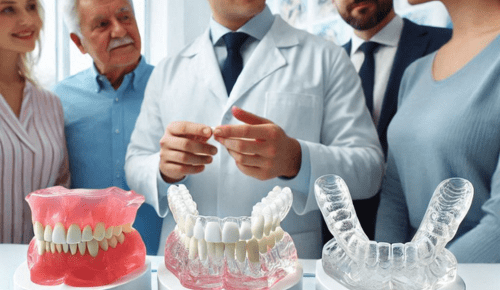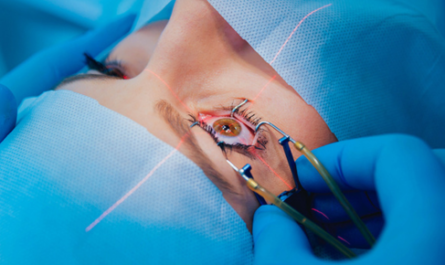
The dental implants Breckenridge, CO, are a tried-and-true, highly effective way to replace lost teeth. However, a number of factors, including financial limits and personal dental health demands, can influence their appropriateness.
Investigating different tooth replacement solutions is often the first step for those experiencing tooth loss in their quest for a comfortable and self-assured smile. Although dentures have long been an accepted option, many alternatives that suit personal tastes, comfort, and aesthetics are now accessible because of advancements in dental technology. In this article, we will explore multiple innovative denture alternatives, revealing the modern options for attaining a set of teeth that both look and perform correctly.
Modern alternatives to traditional dentures that you should know
Dental implants are known for their ability to mimic natural teeth closely and for their long-lasting features. For lost teeth, most dentist offices offer a reliable and long-lasting substitute. However, a number of factors might cause people to consider other options:
- Implant Supported Dentures
These are comparable to dental reconstructions, with the difference that dental implants anchor an artificial tooth arch. Therefore, implant-supported dentures combine the best features of dental implants with dentures. Because of their dependency on dental implants, they also rely significantly on the biological process of osseointegration and the use of biocompatible metals, like titanium, for the implant material.
Compared to standard dentures, implant-supported dentures offer significant advantages. Because they are naturally linked to the bone itself, they almost eliminate the frequently reported problem of prosthesis displacement and totally eliminate the slipping and sliding that occurs in the mouth.
- All 4 Dental Implants
With “all on 4” dental implants, “all” of the prosthetic teeth are set to rest on “four” dental implants. This innovative technique makes use of dental implants to create a particular kind of denture that is nearly as secure and retains its shape as your natural teeth.
Patients who desire a safe, secure, and scientifically proven treatment for their edentulism are particularly fond of these. This could be an extremely beneficial update if you have had considerable tooth loss and have worn standard dentures for an extended period.
- Implant Supported Bridges
A bridge that uses dental implants for its primary support, like the methods described above, might be a much-needed treatment for patients who have partial tooth loss (or only a few adjacent teeth are gone). Implant-supported bridges aim to bring back the natural appearance and functionality of natural teeth while usually requiring fewer dental implants—two, depending on the dimension of the bridge.
The degree of tooth loss, the patient’s preferences, and specific oral or general health needs all play a role in the decision between an implant-supported bridge and implant-supported dentures.
- Snap-in dentures
Snap-in dentures are identical to implant-supported dentures but with the extra advantage of quick removal for maintenance and cleaning. These removable dentures, sometimes referred to as “overdentures,” “snap” into dental implants for additional safety.
Because of their unique shape, they can be placed over dental implants with an attachment system that enables the patient to remove the dentures with comfort while still securing them tightly. Usually made up of two to four implants that are surgically inserted into the jawbone, snap-in dentures can also have bars, locator attachments, or ball attachments that join the denture to the implants. This approach works well for those who wish to remove their dentures with ease.
What factors need to be taken into consideration while choosing a denture substitute?
Examine factors including budgetary limitations, aesthetic preferences, dental health, and the level of invasiveness of the chosen treatment. Speaking with a dentist is crucial to selecting the best strategy for action.
Are dental implants suitable for all people?
People with low bone density might not be suitable for dental implants. Your dentist will conduct an in-depth exam and evaluation to determine a patient’s eligibility for dental implant installation.



